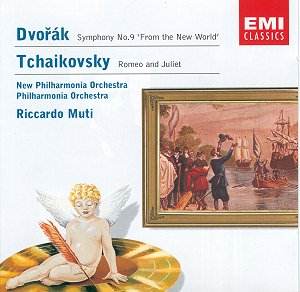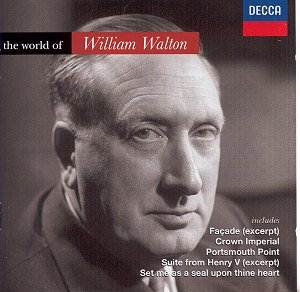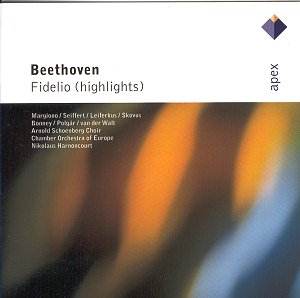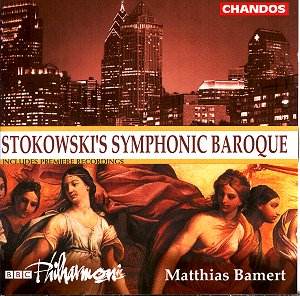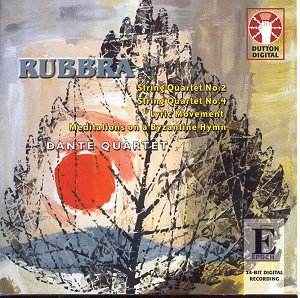 Composer: Edmund Rubbra
Composer: Edmund Rubbra
Works: String Quartet No 2 in E flat major Op. 73 (1951), Lyric Movement for String Quartet and Piano Op. 24 (1929 rev. 1946), Meditations on a Byzantine Hymn ‘O Quando in Cruce’ for two violas Op. 117a (1962), String Quartet No 4 Op. 150 (1977)
Performers: Dante Quartet; Michael Dussek, piano; Judith Busbridge, viola; Krysia Osostowicz, viola
Recording: Recorded at Maltings Snape, May 2001
Label: Dutton CDLX 7114
Edmund Rubbra, a significant figure in 20th-century British music, continues to receive deserved recognition as his centenary draws near. This latest release from Dutton, the fourth in their series dedicated to Rubbra’s chamber works, offers a compelling exploration of his string quartets, revealing the composer’s complex musical language and emotional depth. Rubbra’s music, often described as austere, requires performers who can navigate its intricate structures and subtle nuances, and the Dante Quartet, alongside Michael Dussek, demonstrates an impressive command of this challenging repertoire.
The String Quartet No. 2 in E flat major, Op. 73, composed in 1951, showcases Rubbra’s distinctive voice. Here, the Dante Quartet’s interpretation is marked by a thoughtful pacing that reveals the work’s structural intricacies. The first movement’s exposition, taken at a brisk yet measured tempo, allows for a clear delineation of thematic material, a decision that notably contrasts with earlier interpretations that often rush through these passages. This choice not only clarifies the harmonic relationships but also underlines the emotional weight woven into the fabric of the music. The second movement, with its lyrical contours, benefits from the ensemble’s ability to shape phrases with a natural ebb and flow, highlighting the poignant interplay between the instruments.
The Lyric Movement for String Quartet and Piano, Op. 24, is another highlight of this recording. Rubbra’s pastoral influences are evident, and the performers excel in conveying the work’s lyrical beauty. The rolling triplet figures at the opening set a tranquil atmosphere, which the ensemble sustains throughout. This recording presents the premiere of the work, and the performance captures its essence, demonstrating the delicate balance between melody and harmony. However, one notes that while the ensemble’s execution is commendable, the sound engineering occasionally obscures the clarity of individual lines, particularly in climactic moments where the texture thickens.
The Meditations on a Byzantine Hymn for two violas, Op. 117a, adds an intriguing juxtaposition to the string quartets. The original version for solo viola provides insight into Rubbra’s compositional process, and hearing both iterations side by side is particularly illuminating. The contrapuntal elaborations that emerge in the duo’s performance are skillfully rendered, showcasing the players’ ability to navigate the intricate counterpoint with ease. This work exemplifies Rubbra’s penchant for spiritual introspection, and the performers’ sensitivity to this quality enhances the overall listening experience.
The String Quartet No. 4, Op. 150, composed in 1977, is a late work that encapsulates the composer’s mature style. The Dante Quartet’s interpretation of the first movement is particularly noteworthy for its clarity and architectural coherence, providing a sense of direction that some previous recordings, such as the Sterling Quartet’s, have lacked. The final climactic passages, however, suffer from a lack of balance in the recording, where the intensity of the strings occasionally overshadows the piano, diminishing the impact of the concluding moments that should resonate with grandeur.
This recording is a significant contribution to the discography of Rubbra’s chamber music. While the sound quality presents some challenges, particularly in the balance during climactic sections, the performances themselves are robust, insightful, and deeply engaging. The Dante Quartet and their collaborators have managed to bring forth the nuances of Rubbra’s compositions, making this disc an essential listen for those interested in exploring the depths of British chamber music. The expectation for further volumes in this series is warranted, as Rubbra’s oeuvre offers much to uncover and appreciate.
